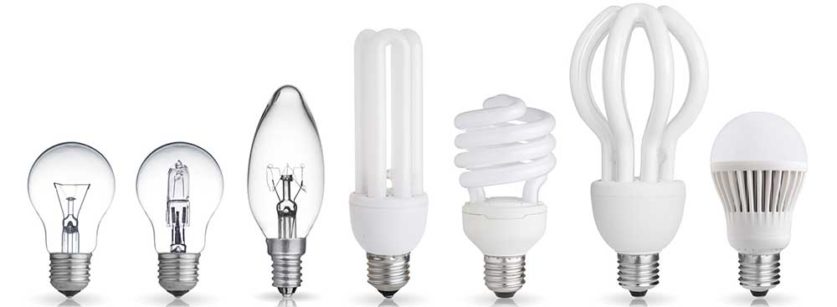
An EU directive with the aim of completely phasing out high consumption halogen bulbs has begun today, as stocks of certain directional spotlights will no longer be replenished in stores across Europe.
For the time being, any bulbs still in stock can still be sold, but shops will no longer be able to re-stock PAR30 and GU10 halogen floodlights and spotlights. The aim is for all halogen bulbs of all kinds to be phased out eventually, with a ban on restocking more conventional shapes due to be introduced in 2018.
Halogen bulbs typically use far more electricity than efficient LED bulbs, with some estimates putting their energy consumption at ten times that of their more efficient counterparts.
The aim of ultimately replacing all older bulbs with LEDs is largely grounded in environmental concerns, with EU research suggesting that energy consumption from lighting is roughly equivalent to the total combined electricity usage of Italy, Portugal, the UK, the Netherlands and France. With the global efforts against climate change accelerating, cutting emissions resulting from lighting is seen as a very straightforward imperative.
As well as the environmental issues, the change to low-power lighting is also being hailed as a way to save households and businesses large amounts of money on their bills.
According to research from Coolproducts, an EU lighting efficiency campaign, switching to LED bulbs could reduce a typical households energy expenditure on lighting by as much at 90%.
A spokesman for Coolproducts, Jack Hunter, said: “With bulb purchase costs included, British homes on the average tariff will pay £126 per socket over a 10-year period for halogen lights, compared to £16 for LEDs.”
Hunter explained that while EU energy standards and regulations have become something of a point of contention among Eurosceptics, the savings – both environmental and financial – should speak themselves.
He said: “The media lampoons EU energy standards, but they are essential for keeping energy bills down.
“As the British economy has grown over the last decade, energy consumption has actually dropped, in large part because EU rules have forced firms to invent more efficient fridges, TVs etc.”
In an article written for Engineering and Technology magazine, Sam Woodard of electronics company Lutron explained that switching to LED bulbs can actually also improve performance of various devices.
He said: “Simply replacing halogen light sources with new retrofit LED lamps can lead to problems with flicker, poor low-end dimming performance, audible noise and even interference with products such as audio-visual systems.”




